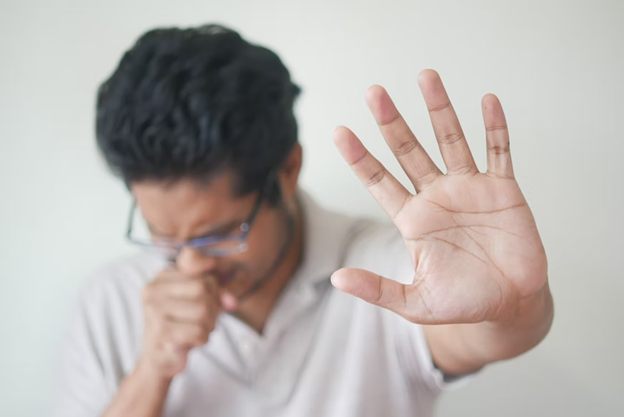
Summer, Sun, and Sneezes: 3 Tips to Stop Hay Fever Ruining Your Summer
Every year, millions of people suffer from allergic reactions, especially during the warm summer season. Allergic rhinitis or hay fever, as it’s more commonly referred to, can be caused by various triggers, ranging from weed or grass pollen to airborne irritants that include, but aren’t necessarily limited, to mold. This usually results in constant sneezing, coughing, and itchy eyes, just to name a few.
Luckily, not only are there ways to address the aforementioned symptoms like antihistamines and itchy eyes treatment, but there are also things you can do to keep yourself from getting hay fever from the outset and ruining your summer in the process. To that end, here are some tips to keep in mind.
 Image Source
Image Source
- Determine what you’re allergic to
Various substances may cause summer allergies. Therefore, it makes sense first to determine your allergens so you can plan out your activities better. For example, those who may have allergies to grass or tree pollen may want to consider spending their time at the beach instead of a resort or golf course with grassy, open plains.
The question is, how do you find out what allergies you have? You’ll be happy to know that it’s simpler than you think. There are many tests available that can check what your allergens are, and you can also take note of any symptoms you develop and what circumstances may have led to hay fever being triggered.
- Limit exposure to allergens
More often than not, the substances people are allergic to are outdoors. For this reason, it’s a good idea to try to limit your outdoor exposure as much as possible. At the very least, try to stay away from the things that may trigger hay fever episodes. One tip is to wear a mask when you go out. A face mask might not offer complete protection against your allergens, but it can minimize the risks of developing symptoms.
Keep in mind that while there’s a greater possibility of getting an allergic reaction outdoors, it doesn’t mean that there’s no chance that you’ll get hay fever indoors. If you want to avoid the debilitating seasonal allergic symptoms, you need to control your environment at home too. One way is to invest in an air purifier to improve your air quality at home. Keeping windows closed and cleaning up dust particles will also go a long way in keeping hay fever at bay.
- Use antihistamine medication
Lastly, it pays to have some antihistamine medication handy because it can block out allergic responses if you’re exposed to unwanted substances. But make sure you consult your physician first before you take any medication. In this way, you’ll have peace of mind that the antihistamine you’re recommended won’t cause any adverse reactions.
Conclusion
There aren’t many things more frustrating and annoying than experiencing hay fever during summertime. But by following these tips, you’ll be able to avoid allergic reactions; if not, keep their occurrence at a minimum so that you can still enjoy your summer.






